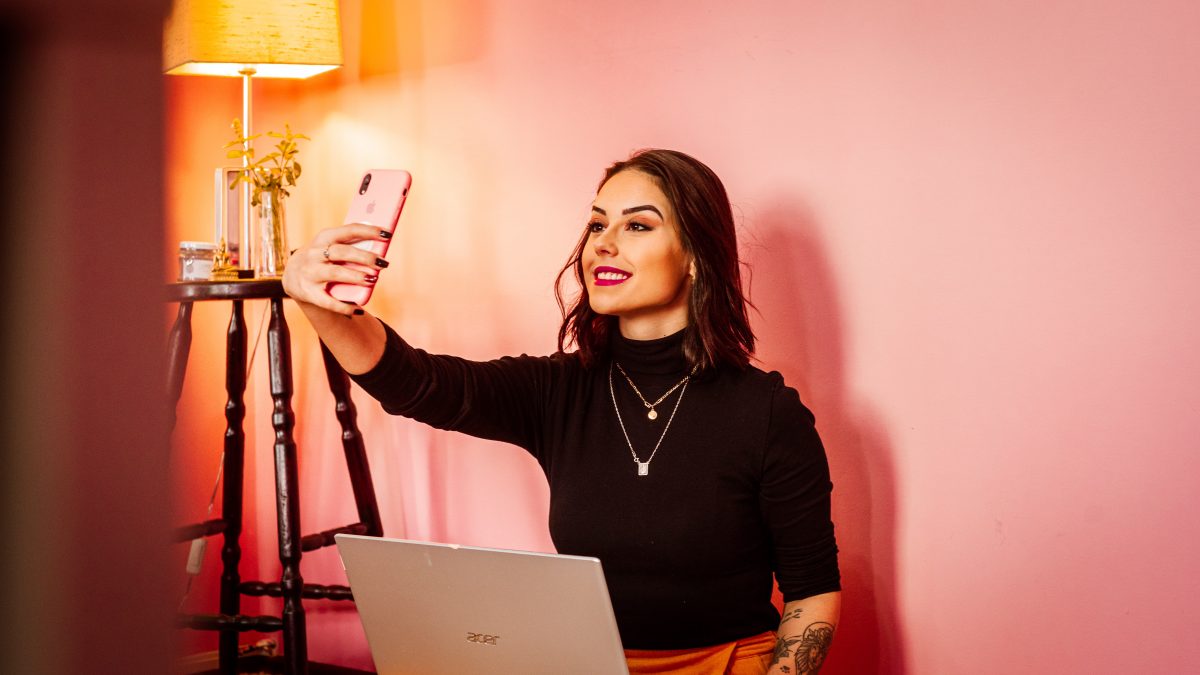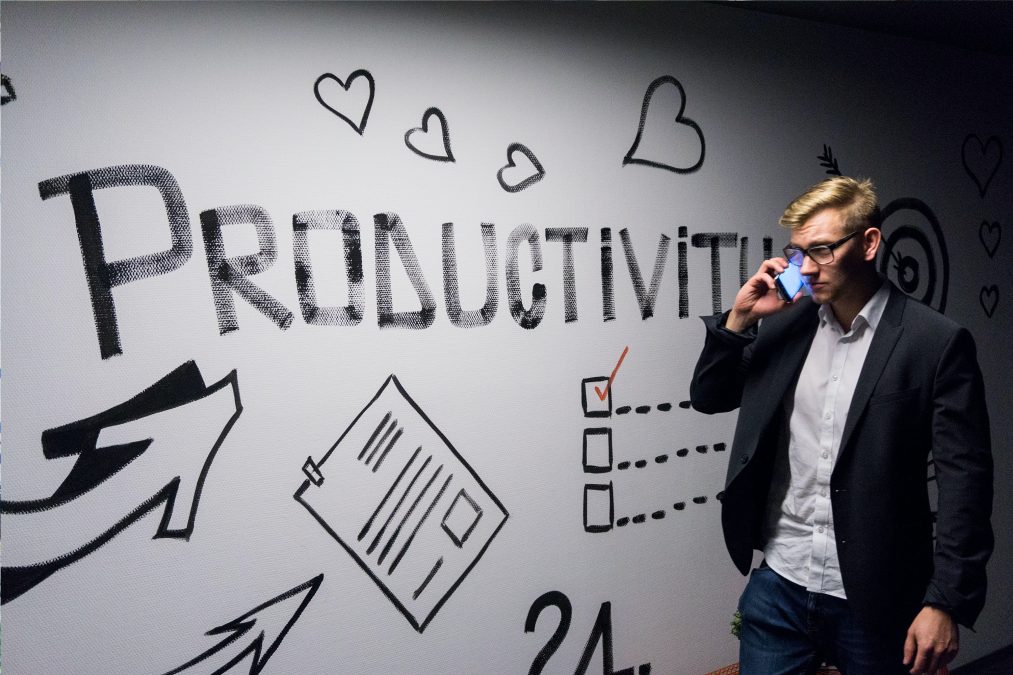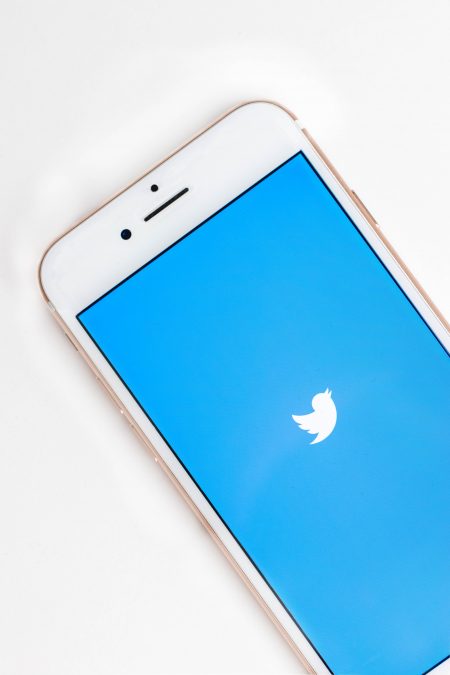
Checking Your Inner Karen — White Women in the Workplace
October 1, 2020
Tasty, Customized Solutions — How I Work
October 28, 2020Hey there, small business owner…we need talk about how to be authentic online.
If you crave real, authentic connection with people — especially if your business is based on one-on-one interactions — then being online these days may feel like you’re walking into a dollhouse full of pretty paper dolls.
But it really is important to have some sort of online presence, because people are looking for you.
Whether you are online or not, as a small business owner, you are most likely the face of your business or brand. And with that, there’s a tension between keeping it professional, keeping it real, keeping it too real, and keeping it entirely fake.
While being on social media and online as a business owner and content strategist, I’ve been struggling balancing all of those competing compulsions, especially as someone who had social media 1.0 as a young adult.
ICQ. MSN Chat Rooms. Message Boards. sixdegrees. AIM. MySpace. LiveJournal. Remember those? All of these platforms were centered mainly around connecting, not making money.
Social media 2.0 evolved into marketplaces — of ideas, lifestyles, products, and services. Connection is still important, but even the idea of having “content” is a part of this evolution.
Now, social media is all algorithms and ads and corporatization and poor data security and governmental manipulation…truly, a mess.
And yet, it’s generally a good idea to be on one of these platforms if you own a business. Believe it or not, you can still genuinely, authentically connect with people online, even in 2020.
Dye Me in Millennial Pink
It’s gotten to the point that social media influencers, celebrity spokespeople 2.0, build media empires based on their lifestyle.
There’s also a pressure to be vulnerable and overshare. And some of us are pushing back against it, like from this great comic by Reimena Lee.
I can’t stop laughing at the idea of renting a fake private jet for the ‘gram. Instagram influencers can also rent this Williamsburg, Brooklyn penthouse, complete with millennial pink accessories.
I mean, don’t get me wrong — it’s a lovely space. But it’s also not where those people live. But do their audiences know that? Probably not.
Along these lines, I think about all the Zoom backgrounds I have to hide my drab bedroom decor. Is that being authentic? Or is that giving people something to look at besides a shitty paint job and beige vertical blinds?
Authentic…Parasocial Relationships
People are looking for real people to work with, to follow online, to engage with. But with social media 2.0, people have found a way to exploit that need for healthy connection. It’s that pernicious idea that a larger biz owner will float to their employees — we’re family.
Influencers and others take that idea and use it with their fans. We all know at this point that their candid photos aren’t really that candid — it’s the 100th take where the light is just right (after editing). And that feeling of “family” or togetherness is used just like how corporate owners use it — to make money.
The technical term for this is called parasocial relationships. They’re basically one-sided relationships where an audience gives all this attention and time to a person who basically has no idea that they exist. And yes, celebrities are other famous people are the objects of these relationships.
The core of the relationship is that the person who gives all this emotional investment feels like they know the other person, because they are, allegedly, showing them behind-the-scenes videos and images.
Gag.
But we all know how one-dimensional these posts are…or, most of us do. And parasocial relationships may not be all that bad.
Sharing Yourself Online
Of course, let’s be real, though — all of our lives are curated to some degree, like that Zoom background example. And that’s OK. We shouldn’t be sharing everything happening to us. We need to have healthy boundaries online.
But there is that pressure that in order to have a brand online that you have to be the brand, that you have to share pictures of yourself.
I’ve felt it. I have an Instagram account for my business, which has my name, but you’re not going to see my face every day. Mind you, younger biz owners will feel more than OK doing this. So I’m not entirely against it. It’s just not for me.
Whatever age you are, you do not have to feel like you have to become an influencer to reach out to your ideal client.
Being the face of your business does not mean you are your business. “You as a brand” is frankly unhealthy.
Authentic Digital Marketing — During the Pandemic and Beyond
At the same time, putting on various personas — the 9 to 5 persona vs. the off-the-clock persona — that division is crumbling. Being more fully human is what we still crave as human beings — to connect with and to express.
There is a happy medium between the overshare and being a stuffed shirt. So here are three things you can curate your content around that still shows who you authentically are without it being too removed or too involved.
- Passions. One way to share your authentic self is to share your passions. What do you really care about? It may or may not be related to your business or audience, but the magic is learning how to make those connections. That’s something I can help you discover.
- Experiences. What has happened to you in your business? The highs, the lows, the lessons — share them! Especially with this pandemic, it helps to learn things like how to work from home or how to get support will physically distancing.
- Pet peeves. It helps to share what you are for, but also what you’re against. This blog post arose from me leaving an online community earlier this year. The community didn’t care that I left because it was actually one big parasocial relationship. Except I didn’t know. Ouch. Fake social media life is a pet peeve of mine since I came on ages ago when it was just people in a chat room without any monetization to be had.
- Insights. So maybe, for example, you’re a mental health professional and can’t really share that much. Maybe you can share what some insights on what’s gone on with the pandemic, some tips on how to help people cope. You become a helpful resource for people and a real human point of contact.
Be Yourself
As we have to stay apart as the pandemic rages on in the U.S, parasocial relationships probably have kicked into high gear. But it doesn’t mean you have to abuse that connection.
And sure, we want sales and more clients, but our clients want people they can rely on and to help them.
So they do need to get to know you.
“You” may be all made up because you love makeup. Or in a messy bun. Or wearing a nice shirt with yoga pants while on Zoom. Or all of the above.
In your writing, think about how you talk or catchphrases that you use. Start putting them in your writing. Don’t be forced about it, though. Think about who your audience is as you write, but think of them as being across a table from you. What would you say? How would you phrase things, especially more technical things that may be tough to understand?
It can be hard to stick out in the social media house of smoke and mirrors. But you know who you are. It’s time for your audience to know who you are, too.
And it’s not as hard as you think, even if it involves a ring light.
If you’re struggling to put yourself back in your business…or make your brand less about you, I can help with those healthy boundaries and bringing your authentic self to the forefront. Let’s schedule a time to talk today to see if we’d be a mutually good fit for working on your content strategy.




